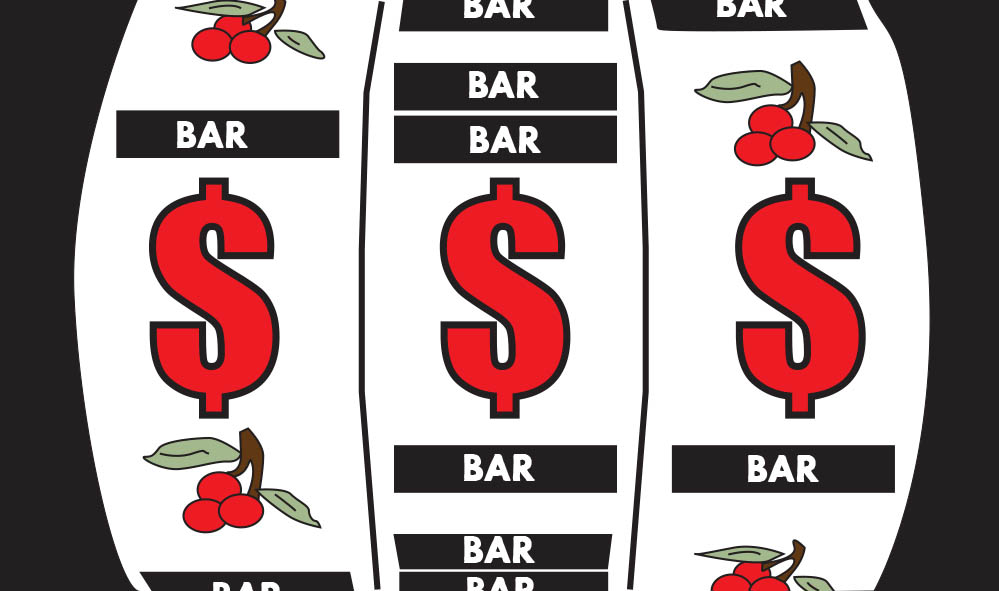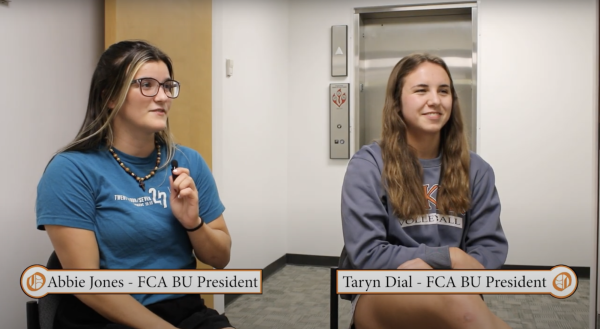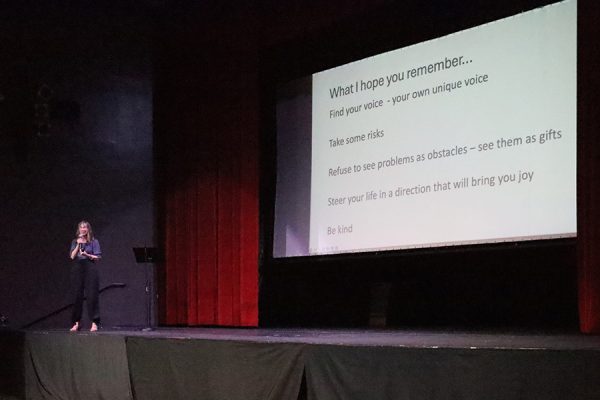Prize-linked accounts offer no risk but less reward
The saying goes; good things come to those who wait. However, in the fast pace of 21st-century capitalism, it sometimes seems the price of patience has been lost.
The popularity of savings bonds has decreased, but the desire to accumulate wealth quickly has held steady. This desire is so strong that some states have begun to integrate lottery-like prizes in return for savings deposits.
This new idea of banking is called prize-linked savings. It is currently being practiced only in a few states. The basic appeal is that every time a person makes a deposit in a prize-linked savings account, he/she is eligible to win a lottery and be given a cash prize. Therefore, owners of prize-linked savings accounts can both save money and gamble simultaneously.
Legislators in Kansas have recently been debating whether or not to pass a bill that would allow and promote the use of prize-linked saving accounts in the state.
Rick Rosas, a business economics major with a concentration on finance, said more people would more likely use a savings account if the prize-linked program was implemented. However, he added, “it’s not necessary because there are still plenty of other options and places they can invest their money in.”
The goal of the accounts is to convince non-savers to start saving money by offering them the chance to win more money. Prize-linked saving accounts are appealing due to the possible immediate turnaround soon after making a deposit. The cash prizes come from big banks or credit unions.
According to research done by Benjamin Iverson, an assistant professor of finance at the Kellogg School of Management, these accounts “appear to reduce the number of people who buy lottery tickets.”
However, savings accounts in general generate virtually no interest. So someone wanting a sure bet in accruing a great deal of interest may be better off investing in a certificate of deposit (CD) or mutual fund.
A CD is essentially a timed deposit. A consumer cannot remove or deposit any more money after the first deposit. A set amount of money is stored for a set amount of time. The longer the time stored, the higher the interest. The downfall is that the money cannot be withdrawn until the specified time is up, so one would most likely need another savings account or checking account.
You can move money in and out of a mutual fund, but there are tax implications as a result. Typically, a mutual fund manager invests your money in stocks, which in turn create revenue. If the stocks do well you make money. However, if the market isn’t successful, you can actually lose money.
Rosas said it is important to consider age when making a decision how to invest or store one’s money.
“The younger you are, the more risky you want to be. Stocks or mutual funds are the most risky, but for young people with less money, it creates time and opportunity to gain wealth,” Rosas said.
The important idea is that everyone should be saving some money, and prize-linked savings account may just be an alluring way to do so.







